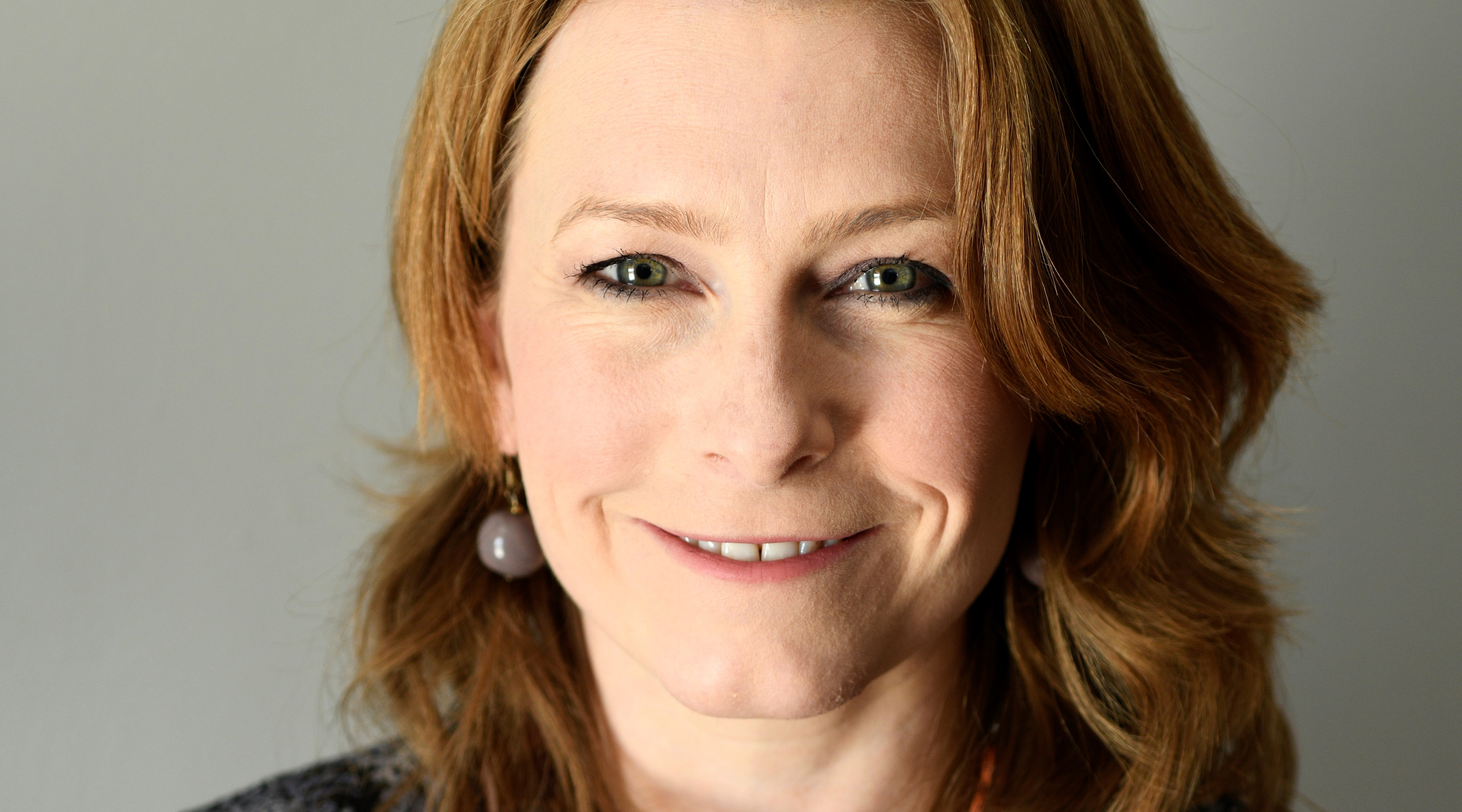The new head of ACCA South Africa brings a wealth of education and training experience,
Portia Tsakane Mkhabela has been appointed as head of ACCA South Africa, Botswana and Remotely Managed Markets.
Born in Pretoria but raised in the beautiful province of Limpopo in Malamulele, Portia completed a course in information technology in Venda at Damelin College and began her career as a training co-ordinator at an IT training organisation. Since then, she has grabbed every opportunity that has come her way, moving from IT into training and development and working across industries ranging from telecommunications to automotive, facilities management and now accounting.
Along the way, she has completed a training and development degree through the University of the Northwest and other qualifications in skills development facilitation, management development studies, project management, coaching and communication.
She’s worked at organisations including Telkom South Africa (centre for learning), TL Consulting, MD Goba and Associates, the Transport Training Education Authority, the Automotive Industry Development Centre (subsidiary of the Gauteng Growth Development Agency), the South African Properties Association (SAPOA) and Afroteq Learning Academy, among others.
Now, Portia is looking forward to the challenges and opportunities that her new role at ACCA South Africa and Remotely Managed Markets will bring. “I’m excited by the fact that it's a global organisation,” she says. “I have been working within the South African context for quite some time. But, if you look at it, education is global. Working with a global organisation opens your thinking capacity, but it also opens up your understanding of different cultures and countries. It also broadens your view in terms of understanding the skills development landscape and policies in relation to accountancy and auditing sectors, and provides an opportunity to give input in terms of how those countries develop processes and systems, and to look at how we create and support students who can be competitive globally.”
She says that while ACCA students around the world take the same examinations and programmes are standardised in terms of how they are rolled out, the type of material covered and the institutions accredited, it’s still important to ensure students understand international trends when it comes to accounting, auditing and taxation as well as local context.
This, she believes, is one of the main benefits of choosing to study through ACCA – the access to a global network and knowledge base.
Although she’s not an accountant herself, Portia believes that her background in and passion for human capital development through training and education will add value at ACCA in transforming the sector, opening up the profession and closing the critical skills gap. She believes she will be a good fit at the organisation because she’s adaptable and has a love of research, both of which will stand her in good stead as she works to provide direction, strategic and visionary leadership externally to ACCA stakeholders, and internally within the local team to deliver ACCA’s strategy and ensure long-term, strategic positioning of the ACCA brand in the markets.
“I’m a risk taker, but I adjust very easily,” she says. “And I’m a people person. Over the years, I think my leadership style has proven my belief that you might be in a specific position, but your purpose and giving hope to those who lost hope becomes a key driver in fulfilling your mandate. I believe part of my responsibility at ACCA is to give hope to those who never thought they could become accountants, or work globally while committing to governance and ethics in the profession."
Portia says her vision for ACCA aligns with the organisation’s strategy and her focus is on thinking ahead. She says that her work in the automotive sector at the Automotive Industry Development Centre (AIDC) drove home for her how technology is changing the world. “The question for me is then how we, in this changing world, still ensure that our accountants will still be relevant to the future requirements of organisations and countries.”
One of her focus areas currently at ACCA is the public sector. “In South Africa, especially, we’re faced with a number of challenges in terms of governance and ethics,” she says. “The candidacy project that ACCA is implementing in collaboration with Local Government SETA is of utmost importance in driving International Public Sector Accounting Standards (IPSAS).
“This programme is aimed at capacitating municipal workers in all nine provinces and upskilling themselves through a ACCA qualification to obtain a professional designation while improving their knowledge and skills in the accounting profession to be able to understand the impact that that they have in their roles, not just in ensuring there is strong governance, but their impact in the communities they serve.”
A second ACCA project is to investigate how to move affiliates into a membership role. “We believe they would add more value where they would be ambassadors of ACCA, in driving ACCA’s mandate.”
She is also very personally invested in the initiative to develop capacity at rural universities, such as the University of Venda, Limpopo, Mpumalanga and the University of the Northern Cape. “For the next three years, the focus will really be on partnerships,” she says. “We’re also looking at long-term strategic partnership from these relationships, thus ensuring that these institutions become a feeder to produce quality accountants and auditors who will work within the provinces highlighted.”










